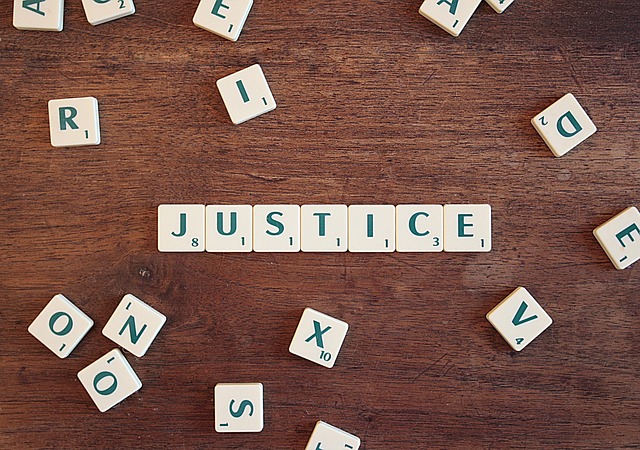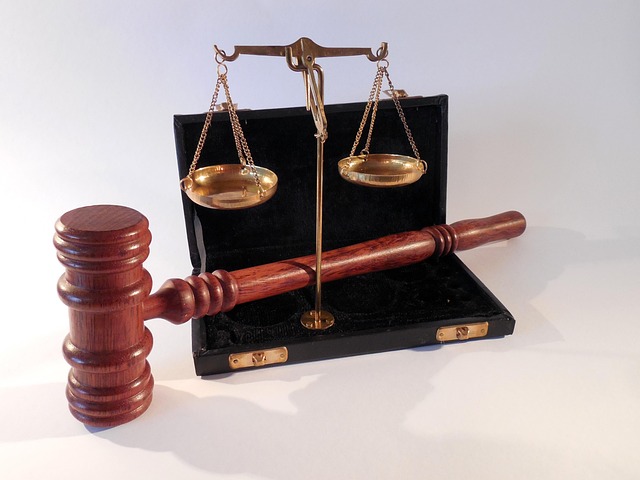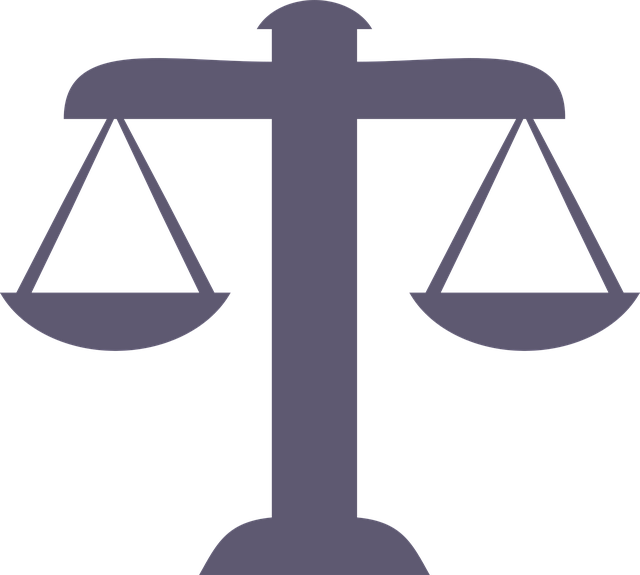Consumer protection laws safeguard rights in business transactions, and plea bargaining offers strategic advantages but carries risks for defendants, including public disclosure and restrictions on future activities. Navigating these complexities requires careful consideration to ensure accountability and justice. Understanding plea bargaining pros and cons is crucial for defendants making informed decisions based on case specifics.
In the dynamic landscape of consumer protection, understanding legal nuances is paramount. This article delves into the intricate world of consumer protection suits, focusing on two key aspects: the reach and importance of consumer protection laws, and the strategic considerations during plea bargaining from a defendant’s perspective. By exploring the pros and cons of plea bargaining, businesses can make informed decisions, balancing potential penalties with opportunities for resolution.
- Understanding Consumer Protection Laws and Their Reach
- Navigating Plea Bargaining: A Defendant's Perspective
- Weighing Pros and Cons for a Strategic Decision
Understanding Consumer Protection Laws and Their Reach

Consumer protection laws are a crucial framework designed to safeguard the rights of individuals in their dealings with businesses. These laws cover a wide range of activities, from unfair pricing and misrepresented product information to deceptive marketing practices and data privacy violations. Understanding these regulations is essential for both corporate and individual clients involved in various sectors. The reach of consumer protection extends throughout all stages of the investigative and enforcement process, ensuring accountability and justice.
Plea bargaining, a strategic tool in general criminal defense, offers both pros and cons for defendants facing consumer protection charges. On one hand, it can provide a quicker resolution, reducing the time and costs associated with litigation. However, accepting a plea bargain may also come with drawbacks, such as public disclosure of the offense or restrictions on future business activities. Navigating these complexities requires careful consideration at every step to ensure the best outcome for all parties involved.
Navigating Plea Bargaining: A Defendant's Perspective

Navigating plea bargaining is a strategic move for defendants faced with consumer protection suits, especially in high-stakes cases. This legal process offers both pros and cons, which must be carefully considered. For his clients, a plea bargain can provide a potential path to mitigate severe consequences, offering reduced charges or sentences in exchange for cooperation and a guilty plea. Such an approach may be particularly appealing when facing unprecedented track records of successful consumer protection lawsuits.
However, there are risks involved. Accepting a plea bargain often means acknowledging guilt, which can have lasting implications. It could impact future business operations and personal reputation. Furthermore, the terms of the bargain are non-negotiable, leaving little room for maneuver. Defendants must weigh these factors against the potential benefits, ensuring they make informed decisions with the help of legal counsel to protect their interests.
Weighing Pros and Cons for a Strategic Decision

When facing consumer protection suits, defendants often find themselves at a crossroads, contemplating the strategic decision between plea bargaining and navigating a full trial. Weighing the pros and cons is essential as this choice can significantly impact their outcome. On one hand, plea bargaining offers potential benefits like avoiding indictment, reducing legal fees, and expediting the process, which is particularly advantageous in complex cases spanning all stages of the investigative and enforcement process. However, it may also come with drawbacks, such as admitting guilt, facing harsher penalties than anticipated, or establishing a precedent that could be detrimental to future defenses.
Understanding these factors is crucial for defendants aiming to make an informed choice. While plea bargaining can provide a sense of control and potentially mitigate damage, going to trial allows for a complete defense strategy, challenging evidence, and the opportunity to set precedents that protect against future similar accusations. Each option has its strengths and weaknesses, requiring careful consideration based on the specific circumstances of the case.
Consumer protection suits are complex legal landscapes where understanding both the strengths and weaknesses of plea bargaining is crucial. By examining the reach of consumer protection laws, defendants can strategically navigate plea negotiations, weighing the benefits against potential consequences. When making these decisions, recognizing the impact on both parties—from financial settlements to reputational damage—is essential for a balanced approach. In light of this, knowing the plea bargaining pros and cons is a game-changer in ensuring fair outcomes for all involved.






